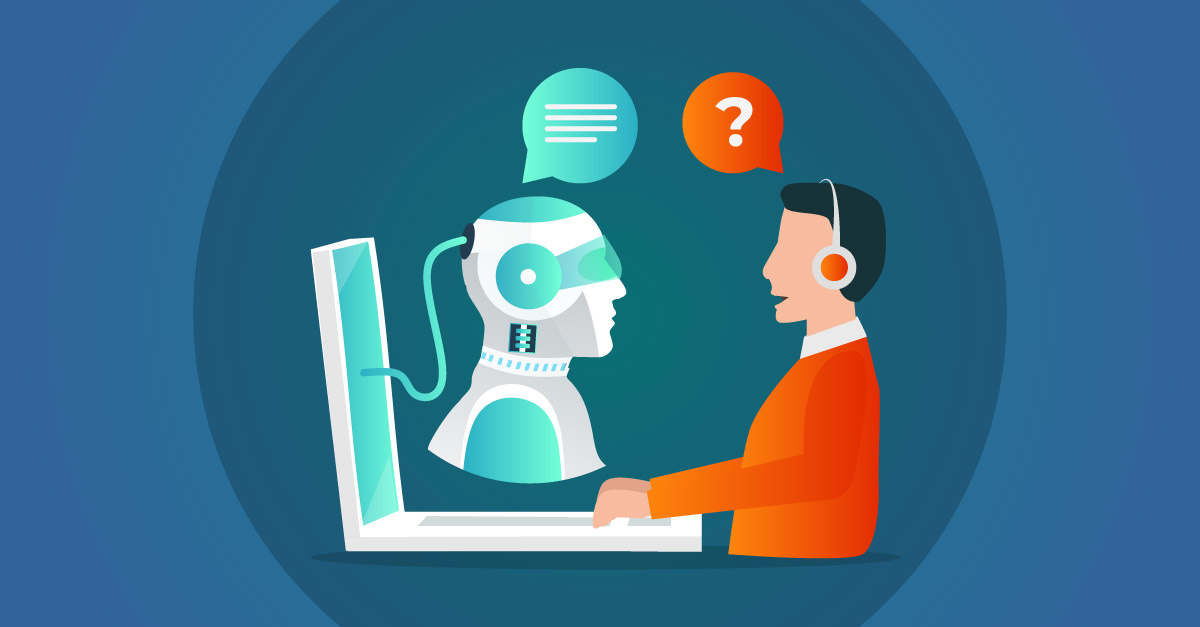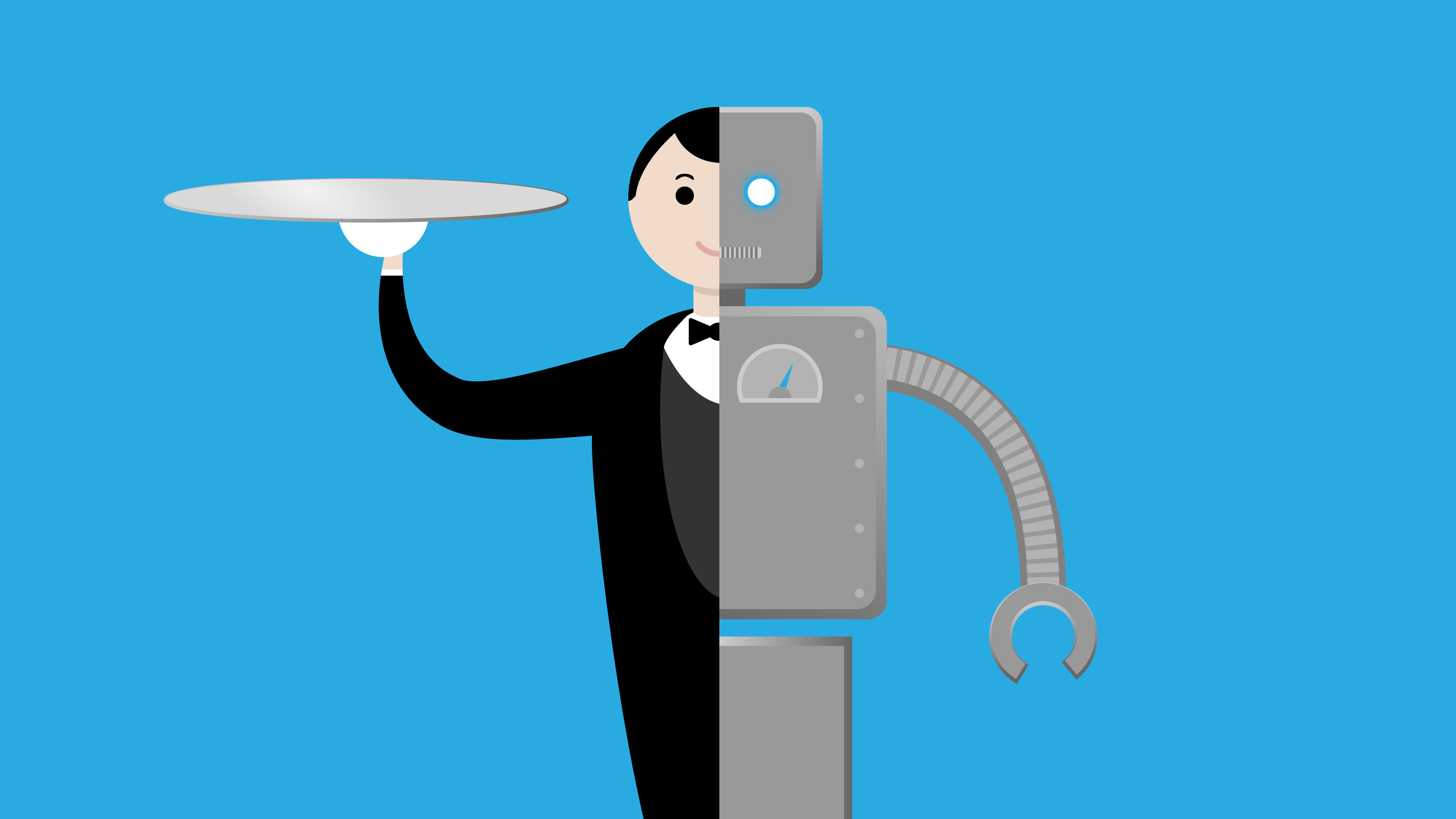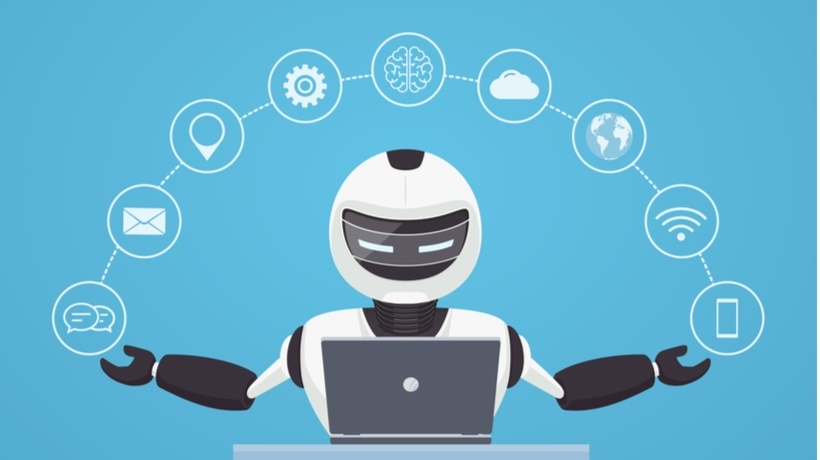The Power of AI Agents in Marketing: Personalization, Automation, and Insights
This article explores the power of AI agents in marketing, highlighting their ability to personalize customer experiences, automate tasks, and provide valuable insights. It provides real-world examples of successful AI agent implementations in marketing.
Author
EZ-AIThe Power of AI Agents in Marketing: Personalization, Automation, and Insights
Introduction
Artificial Intelligence (AI) has revolutionized the way businesses operate, and marketing is no exception. One of the most significant advancements in AI technology is the development of AI agents.
In marketing, it can help businesses enhance the sales experience for customers and improve their marketing strategies. In this article, we will discuss what these agents are, how they work in marketing, their benefits, and whether they can replace human marketers.
What are AI agents, and how do they work in marketing?
Intelligent agents are software programs that can perform tasks without human intervention. In marketing, it can help businesses automate their marketing strategies, analyze customer data, and personalize the customer experience. AI agents work by collecting and analyzing data from various sources, such as social media, customer interactions, and website activity.
They use this data to identify patterns and trends, which they can use to make predictions and recommendations.
If you want to know how to implement AI in your marketing strategy and boost it with AUTO-GPT, click here.
How can AI agents help enhance the sales experience for customers?
These agents can help businesses enhance the sales experience for customers in several ways. For example, they can provide personalized recommendations based on the customer's preferences and purchase history.
They can also assist customers in finding the right product or service by answering their questions and providing relevant information. It can also help businesses automate their sales process, reducing the time and effort required to close a sale.
What are some examples of AI agents used in marketing?
There are several examples of intelligent agents used in marketing, such as chatbots, virtual assistants, and recommendation engines. Chatbots are agents that can interact with customers through messaging platforms, providing them with information and assistance.
Virtual assistants can perform tasks such as scheduling appointments, sending emails, and making phone calls. Recommendation engines can provide personalized recommendations based on the customer's preferences and purchase history.
Here are more examples:
Predictive analytics: Predictive analytics can analyze customer data to predict future behavior and trends. This agent can help businesses identify potential customers, predict customer churn, and optimize marketing campaigns.
Image recognition: Image recognition can analyze images and videos to identify objects, people, and scenes, which can help businesses analyze social media images and videos to identify trends and customer behavior.
Sentiment analysis: Sentiment analysis is an AI agent that can analyze customer feedback and reviews to identify customer sentiment. This agent can be helpful for businesses to understand customer feedback and improve their products and services.
Voice assistants: Voice assistants can interact with customers through voice commands. These assistants can help businesses provide customer support, answer customer questions, and provide personalized recommendations.
Programmatic advertising: Programmatic advertising is able to automate the process of buying and selling advertising space. This agent can help businesses optimize their advertising campaigns and target the right audience.
Customer service chatbots: These chatbots can interact with customers through messaging platforms and help businesses or creators/influencers provide customer support, answer customer questions, and provide personalized recommendations.
Social media monitoring: Social media monitoring is an AI agent that can analyze social media data to identify trends and customer behavior. This agent can help businesses understand customer sentiment and improve their social media marketing strategies.
Can the Agents replace human marketers?
While these intelligent agents can automate many marketing tasks, they cannot replace human marketers entirely.
Human marketers bring creativity, empathy, and intuition to the marketing process, which AI cannot replicate. However, it can help human marketers by providing them with data-driven insights and recommendations, allowing them to make more informed decisions.
Conclusion
AI agents are a powerful tool that can help businesses enhance the sales experience for customers and improve their marketing strategies.
They can automate marketing tasks, analyze customer data, and personalize the customer experience. While these agents cannot replace human marketers entirely, they can provide valuable insights and recommendations that can help human marketers make more informed decisions. As AI technology continues to evolve, we can expect to see more businesses adopting them in their marketing strategies.
FAQs
What is the difference between marketing automation tools and AI-powered marketing tools?
Marketing automation tools are designed to automate marketing tasks, while AI-powered marketing tools use machine learning algorithms to analyze customer data and provide personalized recommendations. While both types of tools can improve marketing strategies, AI-powered marketing tools can provide more advanced insights and recommendations.
What are some benefits of using marketing automation tools?
Some benefits of using marketing automation tools include increased efficiency, improved lead generation, better customer engagement, and more accurate data analysis. These tools can help businesses save time and resources while improving their marketing strategies.
How can businesses choose the right marketing automation tools for their needs?
When choosing marketing automation tools, businesses should consider their specific needs and goals. They should look for tools that can automate their marketing tasks, analyze customer data, and provide personalized recommendations. They should also consider factors such as ease of use, cost, and integration with other marketing tools.



